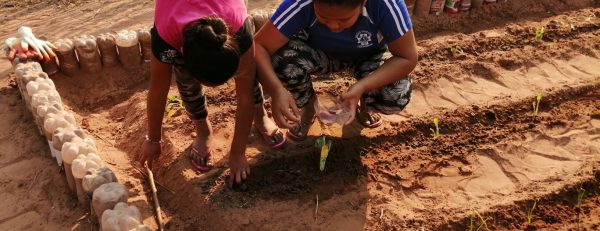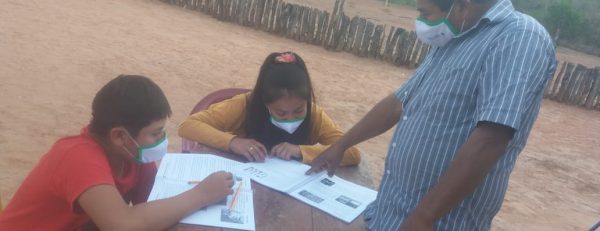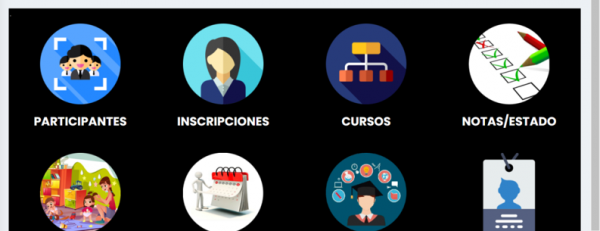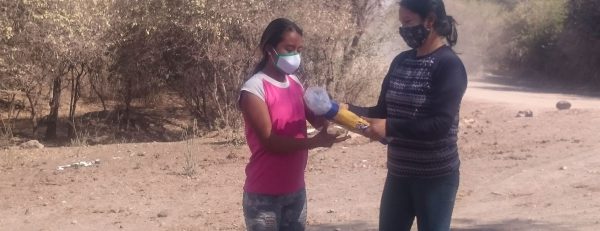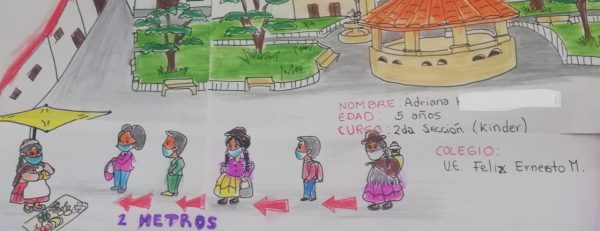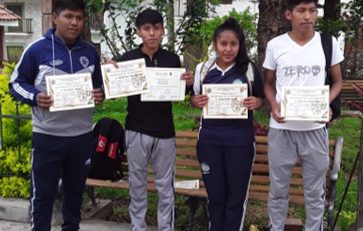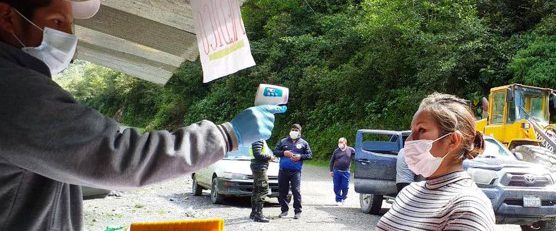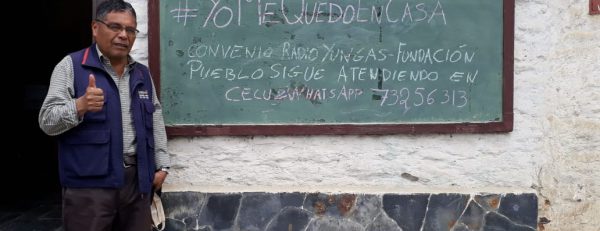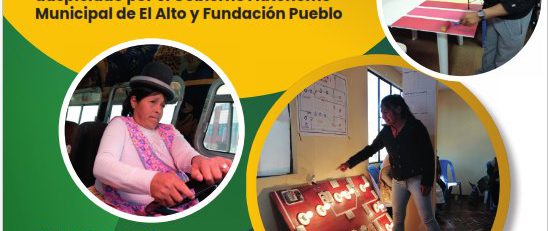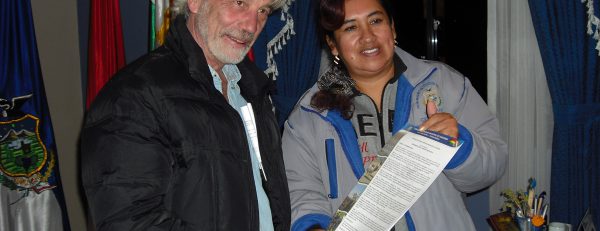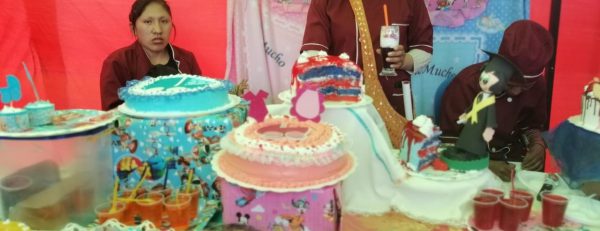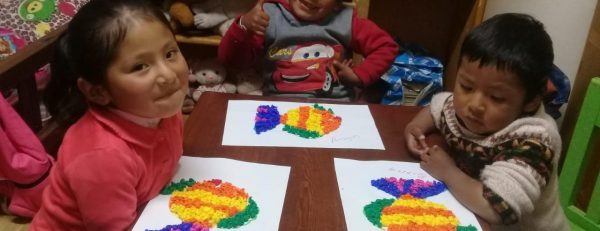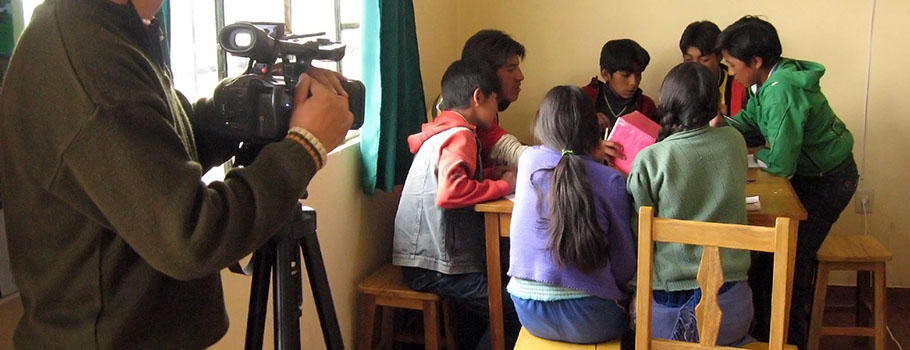
There is always a lot to report from our work. We regularly give a glimpse into the everyday life of our projects. “Photo-Chaski” is a short description of our current work in a page of words and pictures. If you would like to subscribe please email us.
Harvesting fresh vegetables in your own garden, for a balanced diet - is the objective of the new project that we started in October in the Guaraní community of Tentaguazu. Twenty-one families built their own gardens and a school garden with simple, everyday materials. We support them with professional help, as well as seeds and seedlings. Among other things, onion, broccoli, carrot, lettuce, radish ...
While the children in Germany were allowed to return to school to study after the summer holidays, the children and young people in Bolivia have been at home since mid-March. In rural areas in particular, such as in our boarding house in Tentaguazu, online lessons are almost impossible due to the lack of an internet connection. Since this month, the students in Tentaguazu have received support in learning. ...
The coronavirus pandemic still has a firm grip on Bolivia. However, we do not want to postpone our support for migrant women in El Alto. In recent months we have converted our offer of Vocadional Training courses to a virtual format and have expanded it. In August, the second semester of the program for the Promotion of Migrant Women in El Alto began, which will be carried out, for the first time, ...
Bolivia now officially has 83,361 people infected with the coronavirus (as of August 4, 2020). The black number of cases is likely to be much higher. An improvement in the situation is not in sight. Exit restrictions still apply and schools are closed. In addition to the economic consequences, this mainly affects children who have not been to school since mid-March. Throughout Bolivia, but especially ...
The situation due to the corona pandemic is getting worse in Bolivia. It is now believed that the first corona case had also occured in our home municipality of Yanacachi. Still, we want to share something gratifying with you this month. In June, De Yanira and Oscar, our team for the “Open Access” project, received many colorful pictures every day. A total of 60 schoolchildren with 140 works of ...
Children and adolescents in Bolivia are not going to school for more than 2 months. In rural areas, like Yanacachi, there is no online instruction either. At the same time, disinformation about the Corona Virus is high within the Bolivian population. This creates increasing uncertainty. The Governments are responsible for many measures related to the Corona Virus pandemic, but everyone can do something ...
Bolivia was not spared from the global coronavirus pandemic. There are currently exit restrictions across the country to try to contain the virus outbreak. Public life was reduced to a minimum with the "Health Emergency" program. Our projects are also affected and try to adapt as best as possible to the new situation in the country. Our team from the Public Access program in Yanacachi supports the ...
In February we completed the preparations for the new semester of our Technical Training program for Migrant Women in El Alto. Participants can choose from 13 different courses to improve their opportunities in the labor market. The program, like last year, will focus on courses that will raise awareness of women's non-traditional occupations. For example, this year the participants will be able to ...
To start the year 2020, we signed an agreement with the Mayor of Yunchará to continue with the Boarding School in Indigenous Families in Copacabana. As in 2019, elementary students, who live far away from the school, have the opportunity to live with a host mother during the week. She takes care of of her guests with love in a family atmosphere. The local coordinator, as a contact person, is also ...
In December, 256 women celebrated the successful graduation of the technical training semester in El Alto. In the 15 courses, which took place in the last five months, in addition to traditional knowledge in the area of gastronomy and beauty, some participants also had the opportunity to acquire knowledge about the maintenance of printers and computers or the production of footwear. The program was ...
The Fundación Pueblo team thanks you for your support this year and wishes you a Merry Christmas and a Happy New Year 2020!




